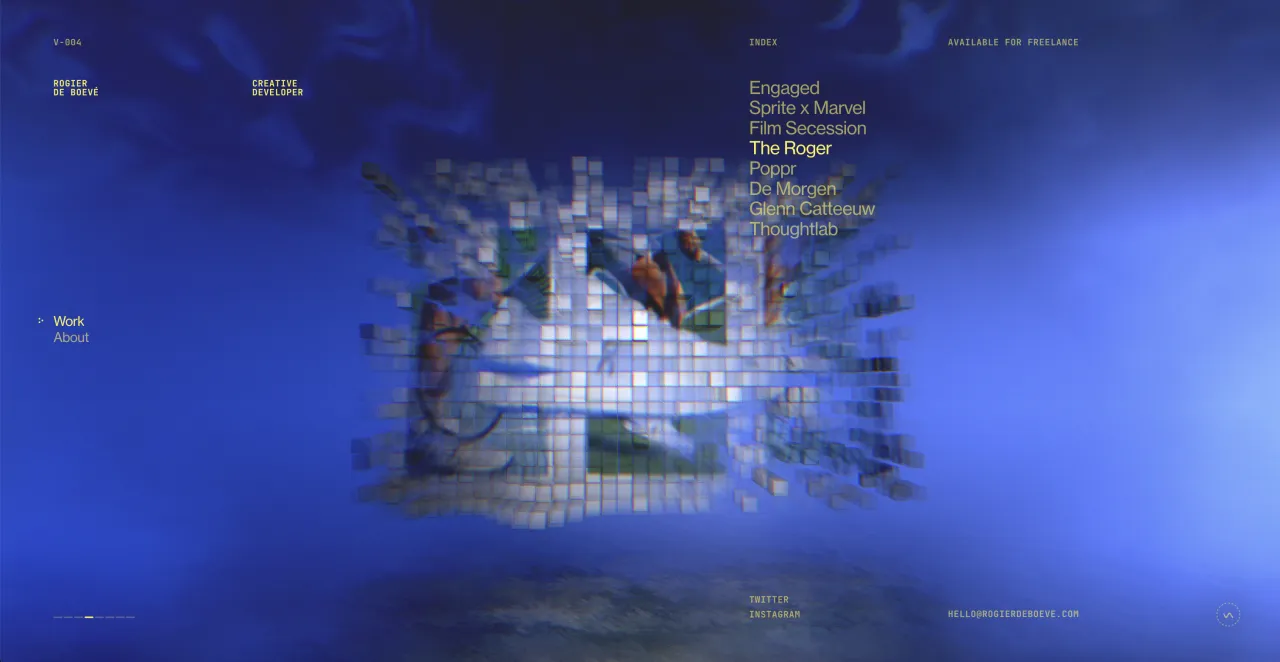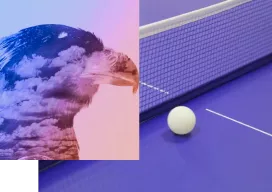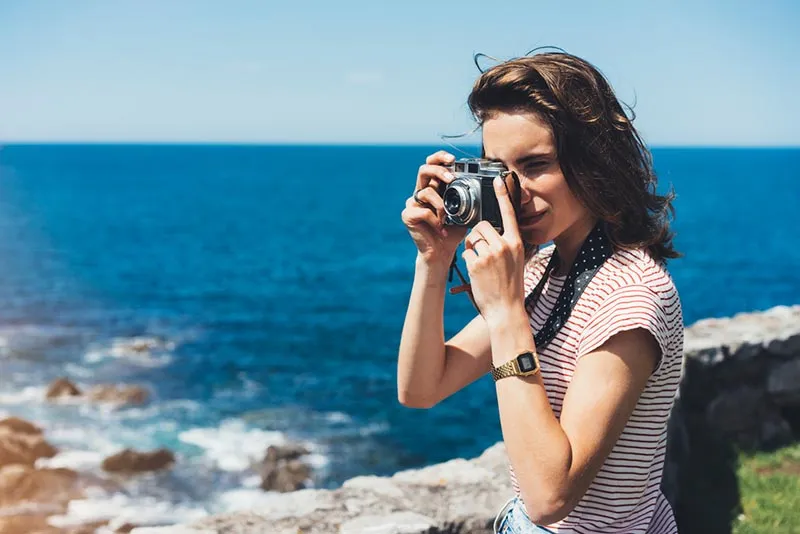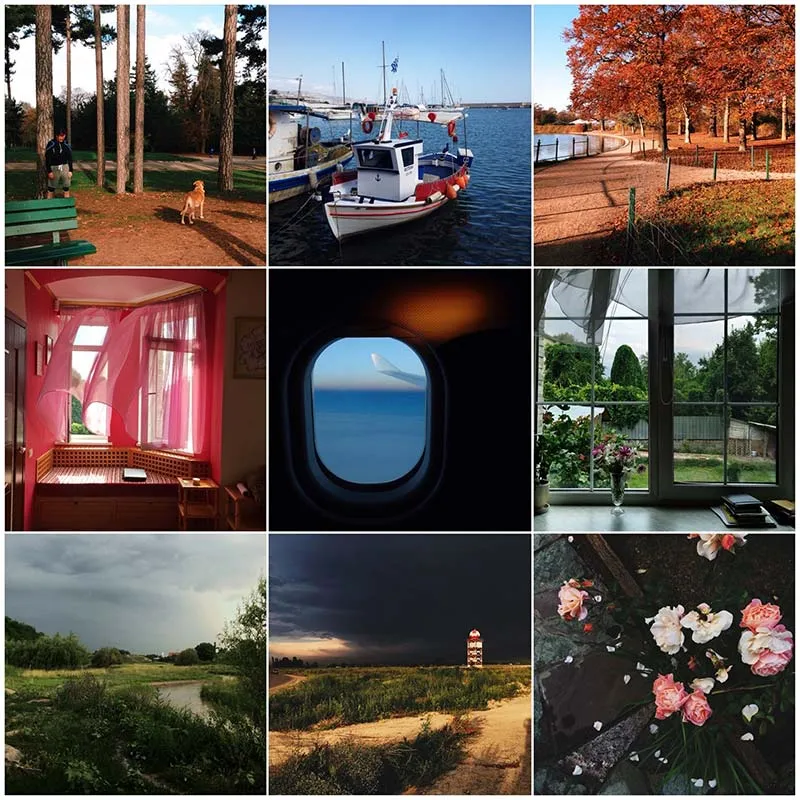Guest Blog Post: Sarcastic Guide to Modern Photography
This article is going to be a collection of some of the important lessons I’ve learnt over the years as a photographer. You will find that my advice will be more fitting to non-commercial and hobbyist photographers. I hope to share my hard learned lessons and inspire a lively discussion with the photography community.
1. Less is more. The less you take , the more you make
Contrary to popular belief, I advise you to take as few pictures as possible. If you can’t resist and find yourself with another collection of way too many photographs, remove the bad ones right away. You can do this during two stages. First, remove them from the camera right after you take them. Then, you can remove even more during conversion and post-processing.
Ultimately, what you’re trying to achieve is to remove the bad pictures in your mind before you even take them. Train yourself and you’ll save a lot of time and hassle.
This is also done by putting most of your efforts into shooting that one perfect shot on your first attempt instead of having hundreds of pictures to test your luck.
2. Your gear might be bad, but you are worse

Expensive gear won’t make you a better photographer, but it will make you a more confident one.
Your camera is your personal assistant who aids you in all your creative endeavours. Who would you rather have as an assistant? A cheap shortsighted paralytic (who is whining all the time and making you nervous), or a reliable, skilled and silent professional? Choose wisely.
The more expensive and professional your gear is , the sooner you will realize that the main reason for bad photos is none other than yourself. The upgrading of gear is a normal stage of growth for every photographer. That being said, it’s much easier to reach the winner’s podium when you are satisfied with your gear.
3. Shot in RAW, delete in RAW

I shoot 99% of my photos in RAW. This way, I don’t have to worry about white balance and it’s nice to have that space to experiment in post-processing.
When it comes to storing pictures, I convert them all to JPEG and keep the RAW files which I’d like to come back to in the future. Those pictures are ⅕ of the ones from every shoot.
A similar approach can help you save space on hard drives and will make browsing through your photos much faster. Besides, RAW files are rendered as JPG anyway.
4. Your photos are not your children
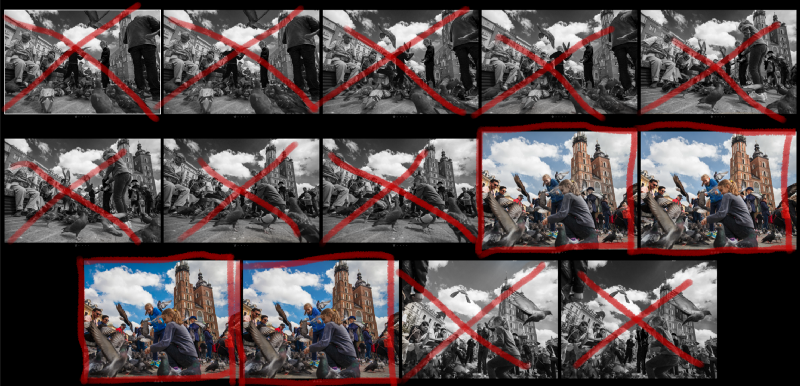
Don’t get attached. The reason why I say this is because if they’re ugly, you can afford to kill them off without sentimental attachments. Don’t convince yourself that if you wait long enough, they will flourish into something beautiful and stop being your source of disappointment.
Don’t get hung up on the bad ones either. Just because they’re yours, doesn’t mean they’re always good. When you spot the obvious defects (out of focus, long exposure gone wrong etc.), consider them a failure and remove them right away. Learn from your mistakes and be more careful next time. If you refuse to learn from your mistakes, you might have to end up going through a lot more effort to explain to everyone why your pictures aren’t ‘spoiled’. You’re just wasting your time when you could be taking good ones.
Review your old photos on a regular basis because seeing them from a fresh perspective gives you a second opinion. You might find that your appreciation of them changes over time. If something is off about an image, get rid of it without any regrets. This holds especially true for those pictures that haven’t served their purpose in a long time. You know which ones those are!
5. Process your photos
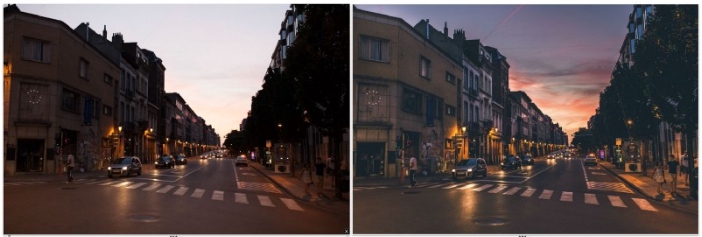
For God’s sake, just do it! Your work is not done with the click of the shutter button. Take time to process your photos; crop them, adjust the contrast, move the curve points to achieve a more powerful effect. Basically, do whatever you have to do to take your pictures from plain to extraordinary. There is a fine line that distinguishes a good picture from a great one, and it’s all in the power of post processing.
If you’re not satisfied with your well framed pictures on the screen of your camera, the only excuse to not improve them is your own laziness.
The big idea is to deliver your artistic vision – match your point of view with what your camera can capture.
6. Show yourself, be omnipresent

Don’t hesitate to show off your work. Upload your pictures to photo-sites, social networks or your blog. You will find this a rewarding experience as you receive appreciation from fellow photographers and valuable feedback. Of course, you can be a complete sociopath and leave your pictures all to yourself but keep in mind that no one is going to know about your true passion.
7. Good photos leave one speechless
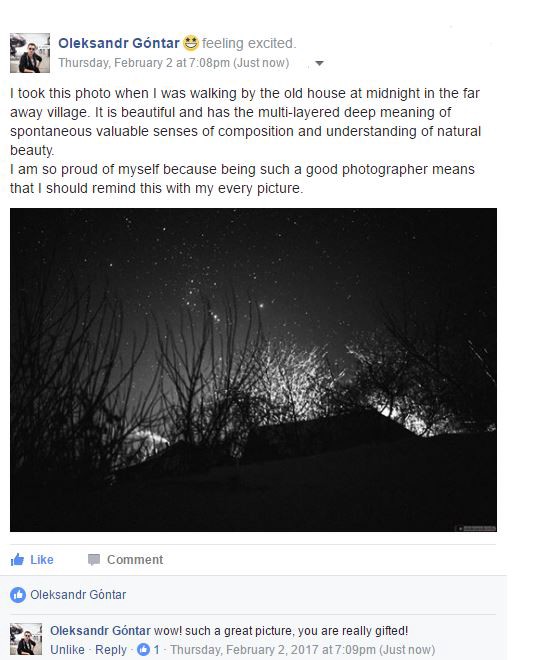
When you have a great picture, you don’t need to write an extended essay explaining its excellence. If your pictures are good, they don’t need explanations. Long, unnecessary backstories will not improve your pictures in any way. Let your work speak for itself.
If you have a caption full of flattering adjectives to go with your ‘awesome’ photo, it pre determines the viewer’s attitude. Although it contributes to your vanity, beware that you are taking away first impressions from the images.
8. RTFM
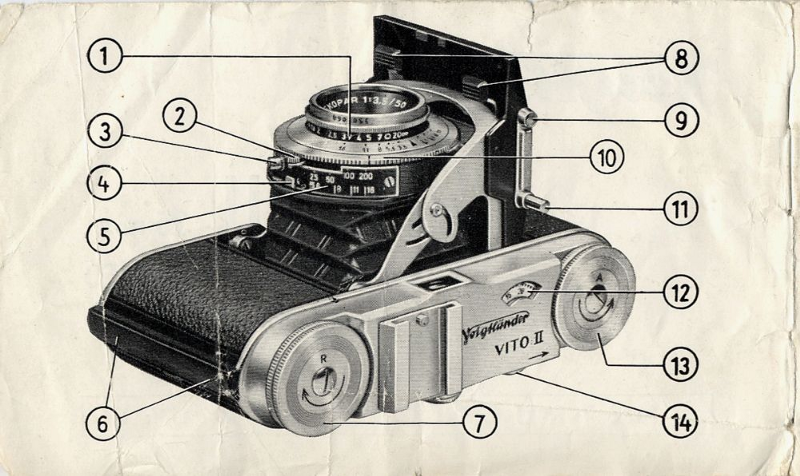
Yes, especially when you feel that you know absolutely everything about your camera. The people who designed your camera expect you to read your flipping manual before you use the product. Just do it. Do it as a tribute of respect for their hard work. Another great hassle you will avoid is asking silly questions online.
9. Backup your best work
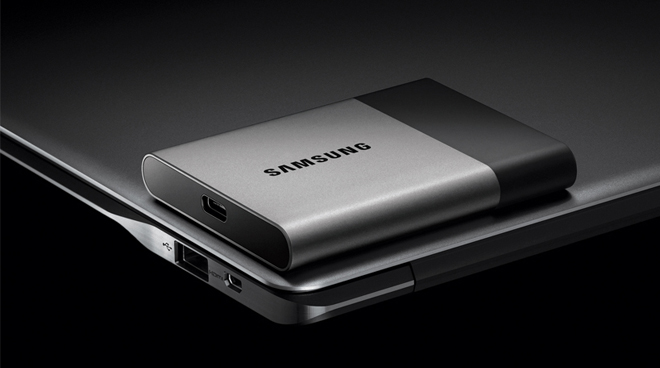
Backup your photos (but only those you really care about.)
If you plan to use cloud services, take into account that one day your password may be stolen and your photos may become public . Think long and hard about the work you put out there. The internet is dark and full of terrors.
Follow Olexandr Góntar on Facebook and see his work on 500px.


